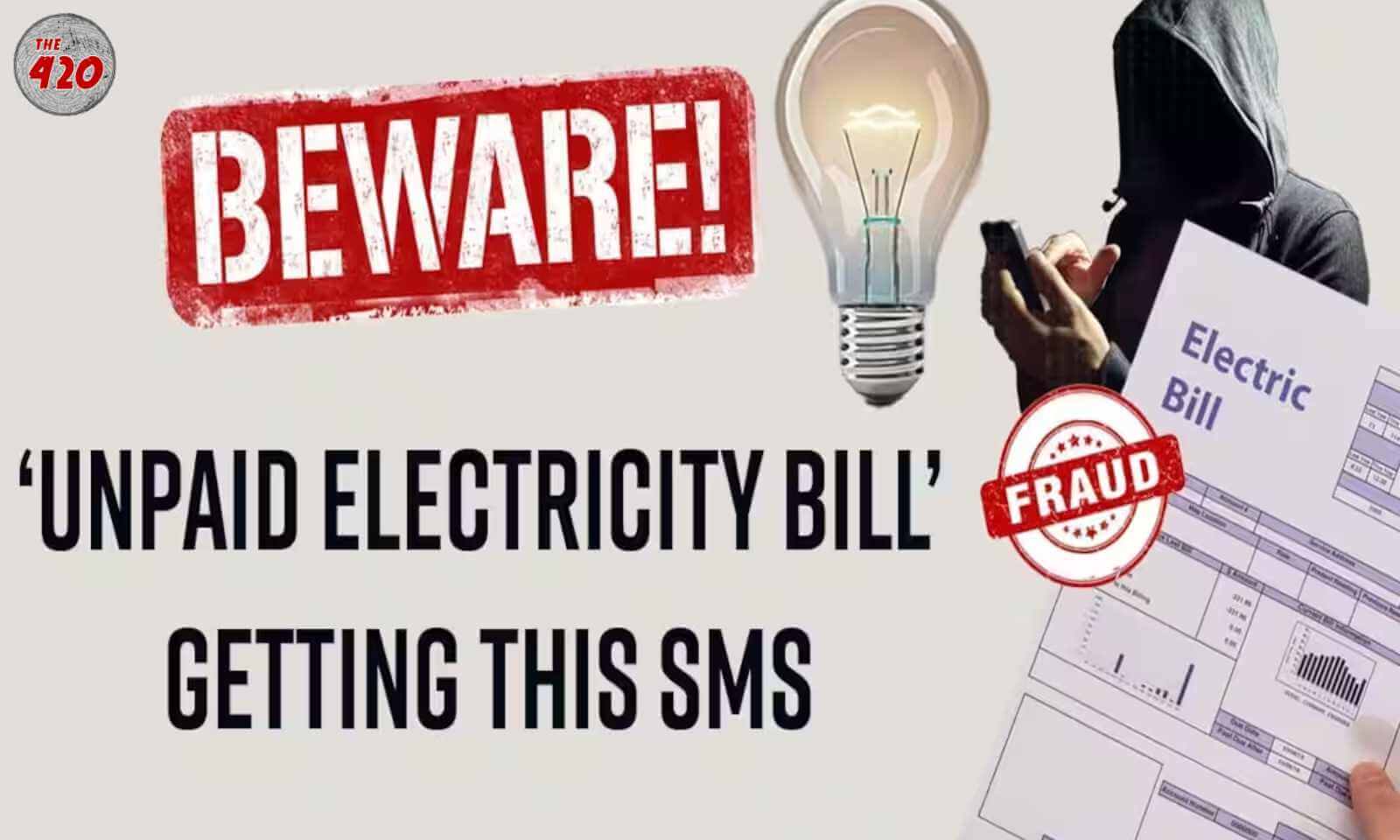Haryana’s Energy Minister, Ranjit Singh, has cautioned electricity consumers against falling victim to cyber scamsters who employ deceptive messages and links. The minister’s warning comes in response to a rising number of reported cases where individuals have been conned by cyber frauds.
Singh emphasized the importance of remaining vigilant and urged consumers to exercise caution while encountering suspicious messages. He highlighted that fraudulent messages often include alarming content, such as threats of immediate disconnection of electricity if the bill is not paid promptly. The minister appealed to the general public, advising them not to click on such links and to be aware of the activities of cyber fraudsters.
ALSO READ: All You Need To Know About Financial Cyber Crime Through Fake Message For Electricity Disconnection
To address this growing concern, power distribution companies (DISCOMs) have initiated a special campaign aimed at raising awareness among consumers about the tactics employed by cyber scamsters. These criminals constantly adapt their methods to deceive people, and the campaign aims to educate individuals about the risks they may face.
Singh further clarified that DISCOMs do not send out messages containing threats of disconnection or request consumers to contact specific numbers or click on links. He reassured consumers that the authorized DISCOM IDs are used to communicate with customers, primarily through email or messages sent to registered mobile numbers. To verify bills and make payments online, consumers should only rely on the official DISCOMs’ websites.
In cases where consumers receive suspicious messages regarding outstanding bills, Singh advised caution and urged individuals not to click on any links from unknown sources. He emphasized the importance of safeguarding personal banking details, card information, and one-time passwords (OTPs), cautioning against sharing such sensitive information with anyone.
The minister concluded his message by encouraging consumers to remain vigilant and to help spread awareness among others. If any doubts or concerns arise regarding electricity bills, consumers are advised to contact their nearest electricity office or reach out to the electricity department through the toll-free number 1800-180-4334.
In the event of a cyber fraud incident, Singh highlighted the importance of promptly reporting the crime. Individuals should contact the cybercrime helpline number 1930 to register their complaints and seek assistance.
It is crucial for electricity consumers to stay informed, exercise caution, and take necessary precautions to protect themselves against the growing threat of cyber scamsters in order to ensure a safe and secure online experience.
HOW TO PREVENT FROM SUCH TYPE OF CYBER FRAUD:
- Do not panic after receiving such messages and simply ignore and delete it because such messages are fake. In case of any problem related to your electricity bill, you may visit at electricity office or you may contact at official number of the electricity department which is available at the electricity bill or their official website.
- Never call on those numbers which are mentioned in such messages.
- Never click on the link mentioned in such messages.
- Do not make payment using links received from unknown sources. It may be a deceptive link.
- If you receive link for installing AnyDesk or TeamViewer QuickSupport app or AutoForward SMS app, do not install it otherwise, you may be defrauded.
- Do not install app on your mobile using link. For installing app, please directly visit at Play Store/ App Store.
- Do not share your payment credentials such as debit card or credit card number, expiry date, CVV, PIN, password, OTP etc. to anyone.
- Do not share your personal sensitive information such as date of birth, Aadhaar number, PAN etc. to anyone over phone call/ messages.
Reporting of Financial Cyber Fraud:
In case of Financial Cyber Fraud, immediately call at National Cyber Crime Reporting Helpline Number 1930 or register your complaint at National Cyber Crime Reporting Portal https://cybercrime.gov.in. In addition to that also visit to your Bank or contact to bank’s toll-free numbers to avoid further loss and for disabling online banking channels such as debit card, credit card, internet banking, mobile banking, UPI etc. Bank’s toll-free numbers are also mentioned on the back side of debit card, credit card and also available at Bank’s official websites.
Follow The420.in on
Telegram | Facebook | Twitter | LinkedIn | Instagram | YouTube



